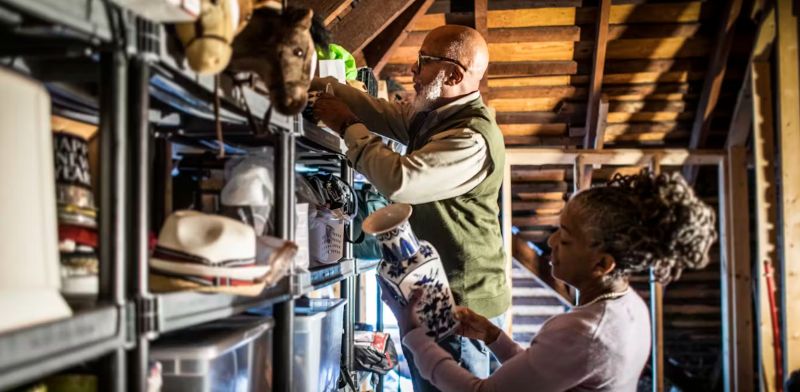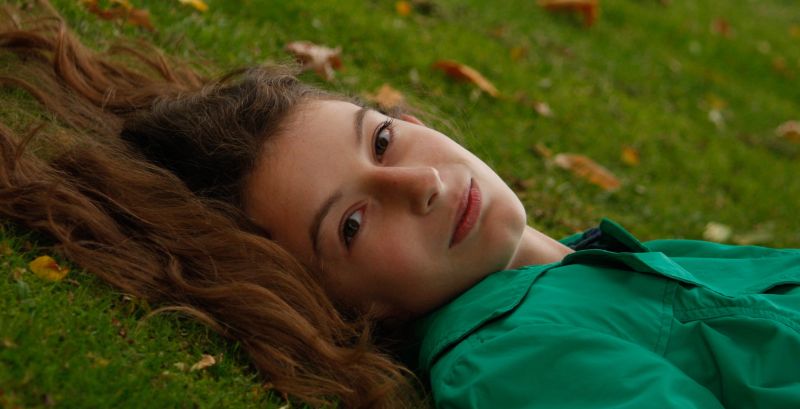
After social anxiety led him to introversion and silence, the brutalist architecture of London’s Barbican Estate inspired Rhael ‘LionHeart’ Cape to find liberation in poetry. Here, he writes about his journey and why we should question the environment we create.

By Rhael ‘LionHeart’ Cape
TEDx speaker, international spoken-word performer and author

Thomas S G Farnetti
Photographer
Introduction
My first encounter with the Barbican Estate was nothing short of impactful. My first girlfriend introduced me to the podium walkways; I was in awe instantly. The open areas confined by the seemingly floating residential homes overlooked us and the Zen-like waterfall pouring from a brutalist-style concrete staircase.
Because of my need for escapism, I found refuge in the Barbican, and its enclosures and public features gradually made it my sanctuary in the coming years.
I was 16 or so back then, and never once questioned if the architects, Chamberlin, Powell and Bon, were conscious of how their design would one day cradle someone’s mood or most vulnerable disposition.
Over time, my feelings and thoughts, slowly unbound by my surroundings, seeped into poems. I began to write there religiously, discovering a new me unravelling with each visit.
You’ve Bitten your Tongue for so long it’s Become your first Language.
When the world around you is neither inviting nor accommodating, most of us, especially the young and impressionable, will seek refuge inside themselves. It happened to me.
I recall wanting to speak up and confront the false statements a friend made, but feeling as though I didn’t have the confidence to welcome the conversation’s pending conflict.
I retreated.

Even if it meant harbouring the truth, it felt safer that way, and so my anxiety around speaking slowly became stronger and habitual.
Numerous childhood events fed my introverted personality and social anxiety, and after each and every one of them my mind welcomed the idea of silence as a solution or peacemaker. Anxiety became my call to inaction, and I always answered, always.

In secondary school, my brain turned people into books, reading their character within the very first few minutes of meeting them to decide how safe I would be, or how my personality needed to navigate theirs as a new terrain.
There’s Invisible Scaffolding Surrounding my Smile, no one sees the Daily work it takes to Maintain it.
During my second year of university, I started leaving my lectures early to write poetry, notably about how I wanted to exist in the world, rather than feel exiled because of an inability to socialise.
It felt strange to architect who I wanted to be between those poetic lines. Yet that became the hidden blueprint to actualisation. I’d often write in the Docklands, watching planes take off from across the water, or at the Barbican, or write in Regent’s Park, on a particular bench with a particular view.
It became a game I played: find a new space, then find an excuse bigger than my fear to socialise. Then repeat.
I assume most household disputes are resolved with a front-room sit-down, the odd raised voice and disgruntled opinion. But in my late teens, and on this particular occasion, it was a physical resolve. With my brother. It made me snap; I never thought my tolerance for confrontation would, but it did. The feeling of insignificance was no longer an option, and neither was silence.
Who knows, maybe my poems were finally convincing my brain to act, to stand up for myself. But in that moment, what was once logical was now rendered obsolete. There was no magical moment where poetry cured me of my selective mutism and social anxiety.
But there was this. And it was as therapeutic as it was liberating, just as much as it was traumatic. Just as I had done as a teen, I found safe environments, only now it was no longer an internal world, it was a space I could inhabit, and submerge myself in as a facilitator.

I Roared, until the World saw my scars were still sore.
I constantly question how the built environment – its aesthetics, compositional design, colour, materiality and intent – can affect our emotional cognition. And who knows, maybe it is a result of my architecture crit days, or my sensitivity to my surroundings, or possibly the exact thing I was looking for in poetry all those years ago: an emotional resonance.
I love to explore language that facilitates people’s voices and expresses the nuances of emotional intelligence and wellbeing.
The external environment can ameliorate the feelings and thoughts that constrict our human experience. That’s why I write for those with walls for windows, building a view from a feeling, one we wish to choose, harness and express boldly.
Originally published by Wellcome Collection, 11.09.2018, under the terms of Creative Commons Attribution 4.0 International license.







